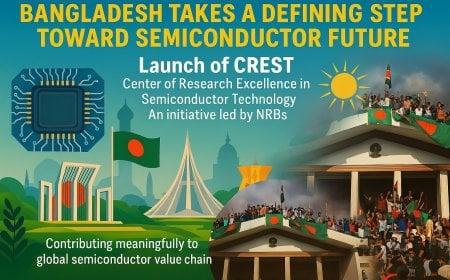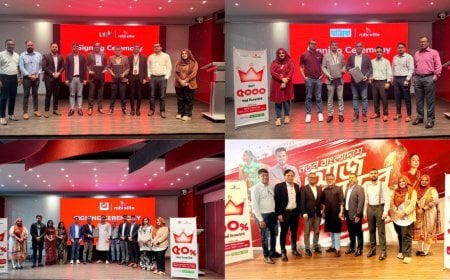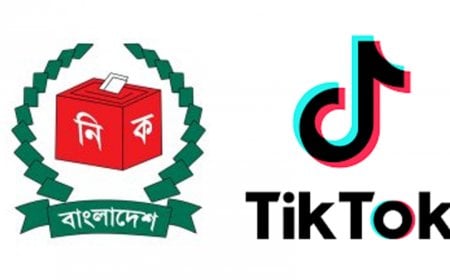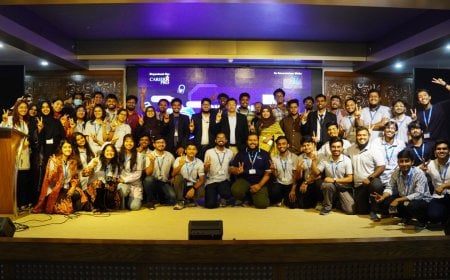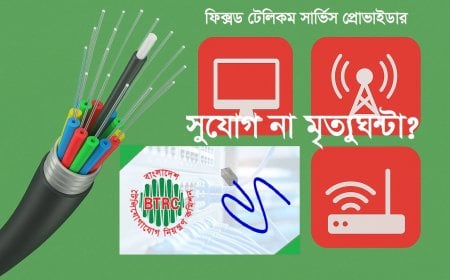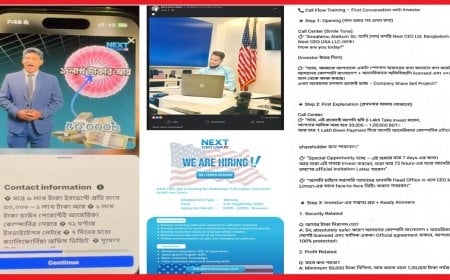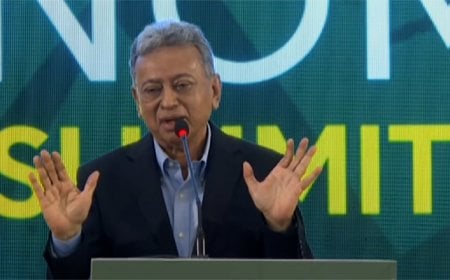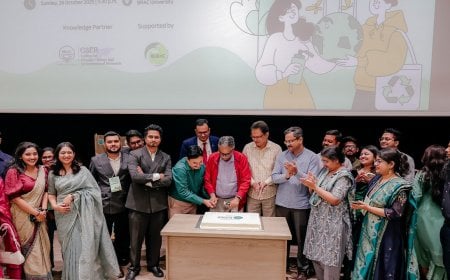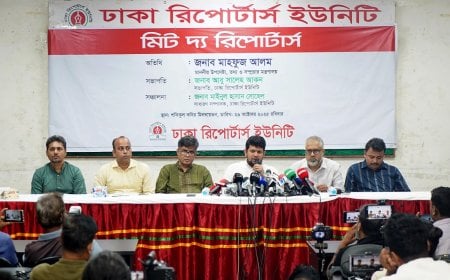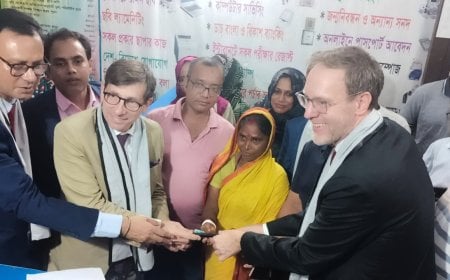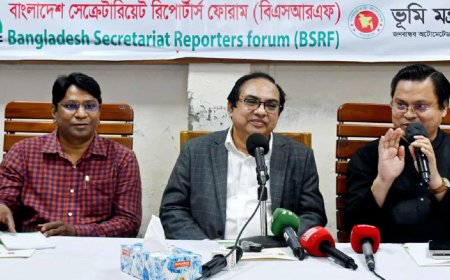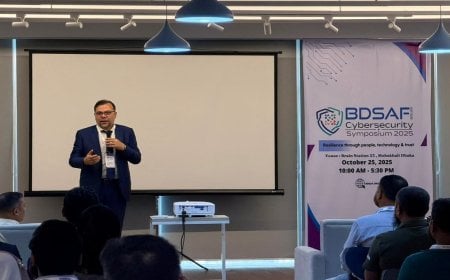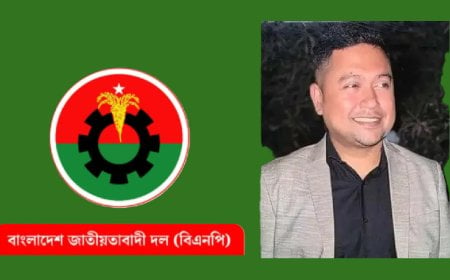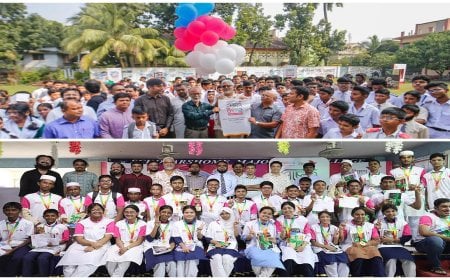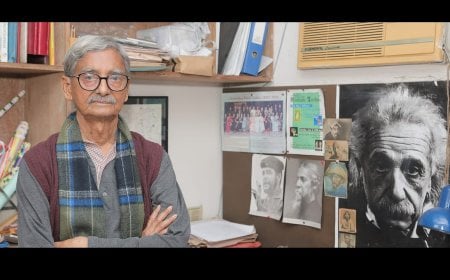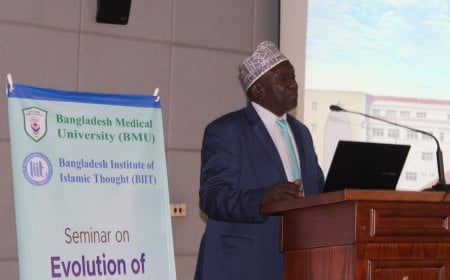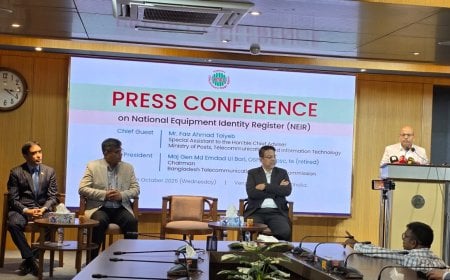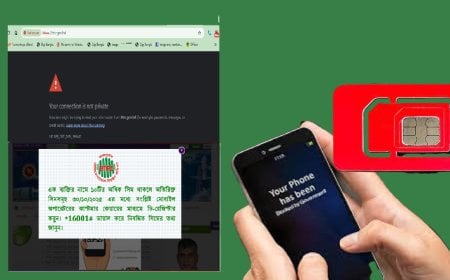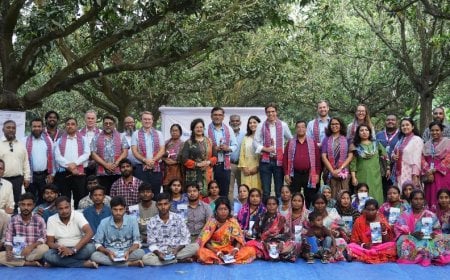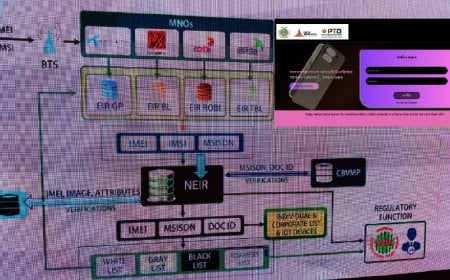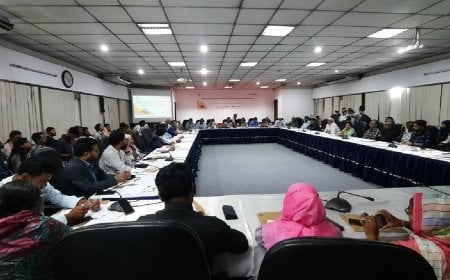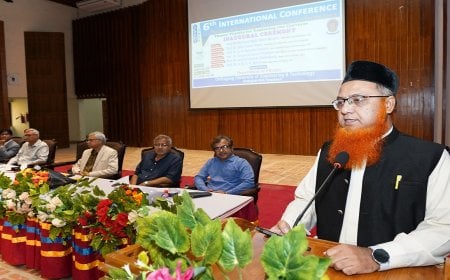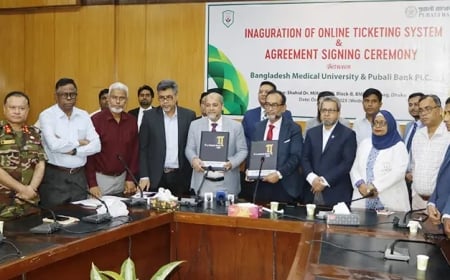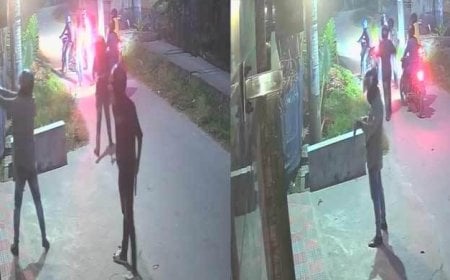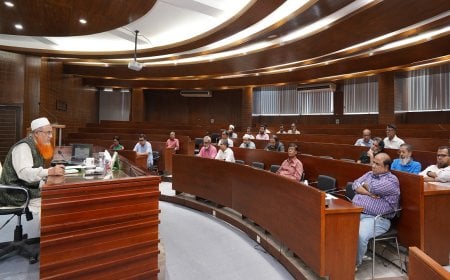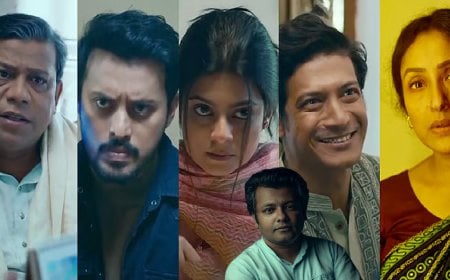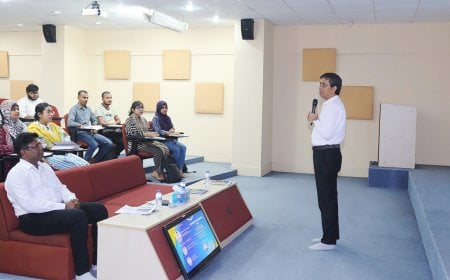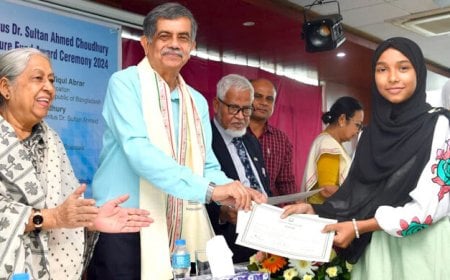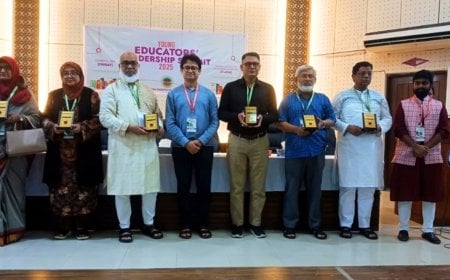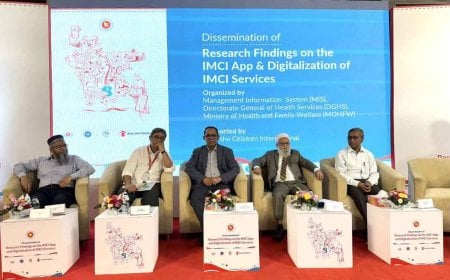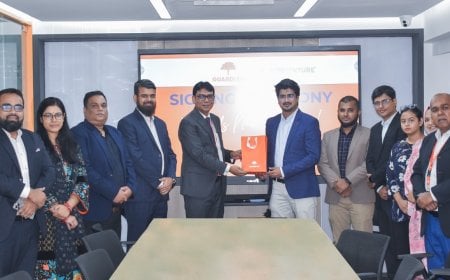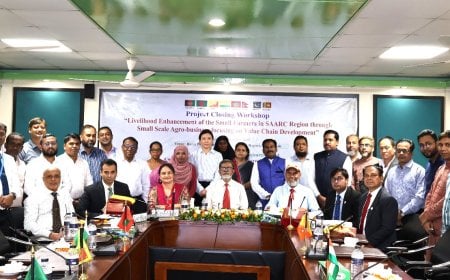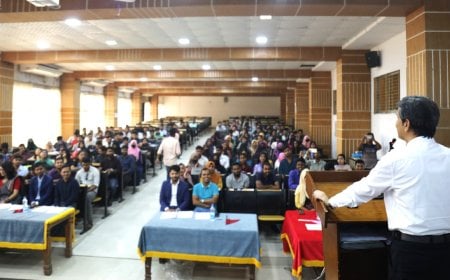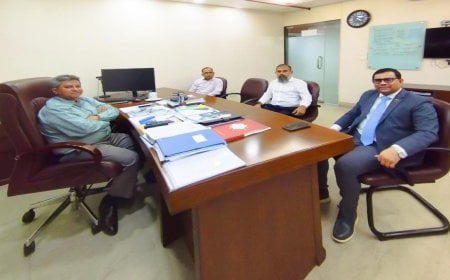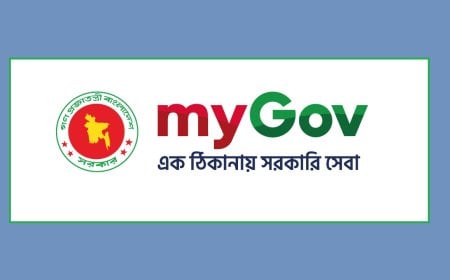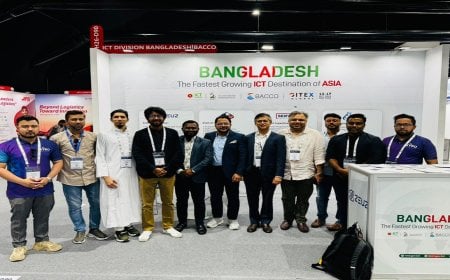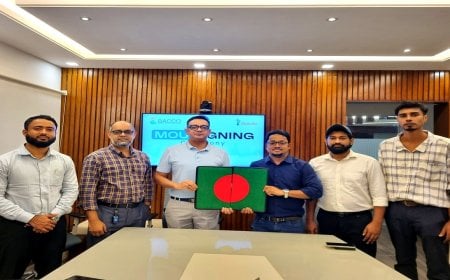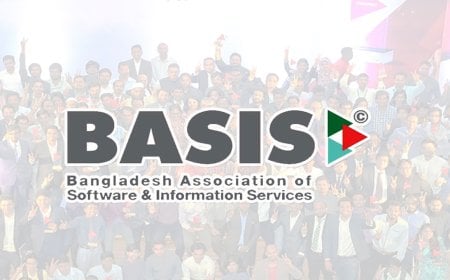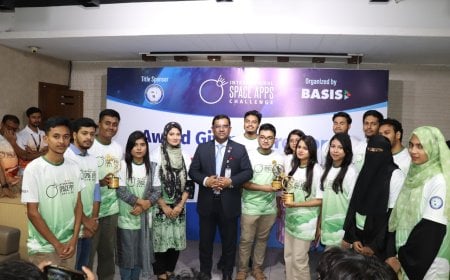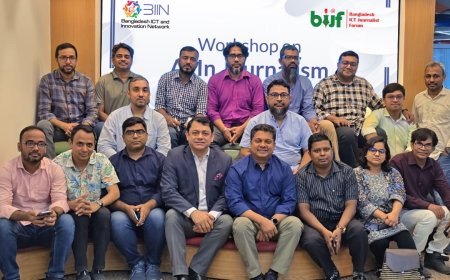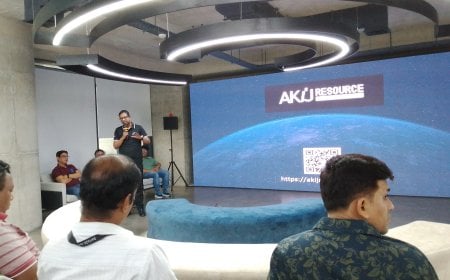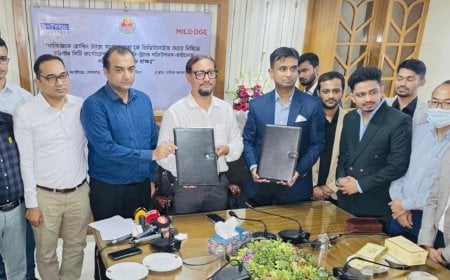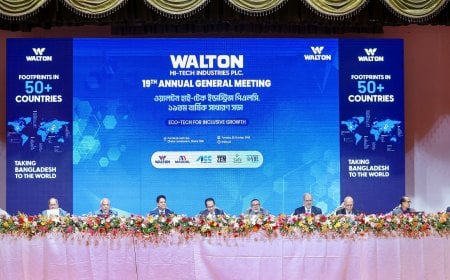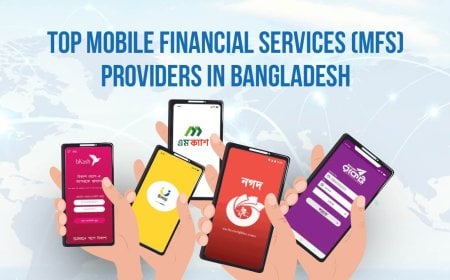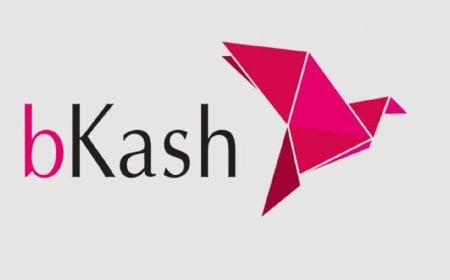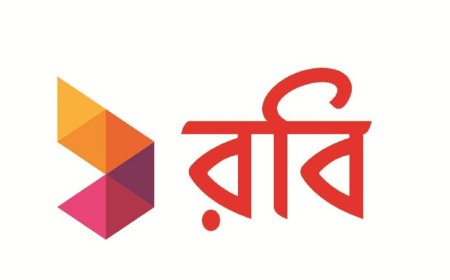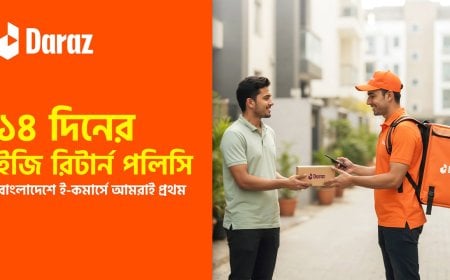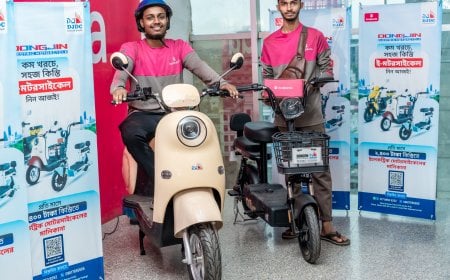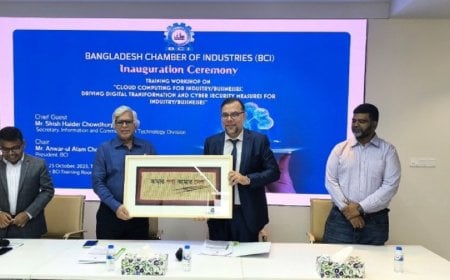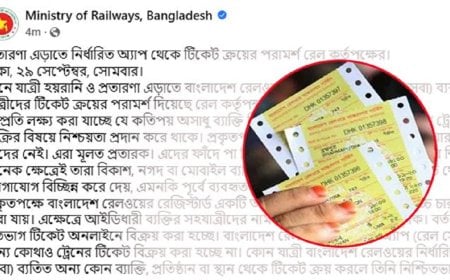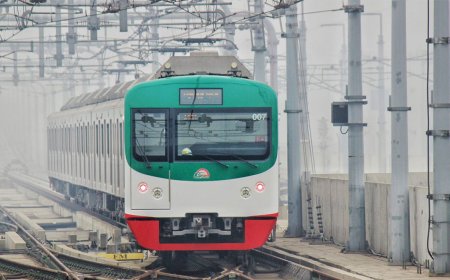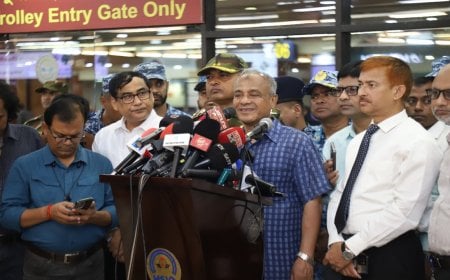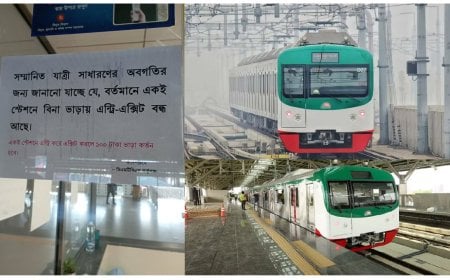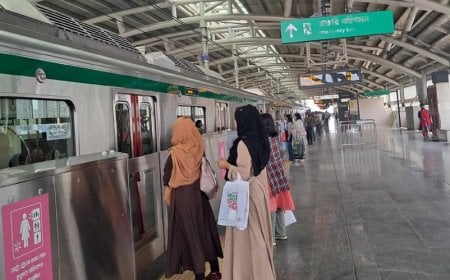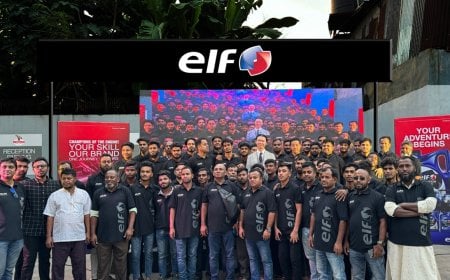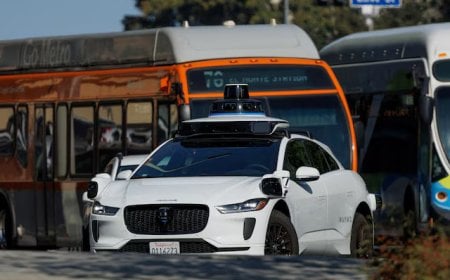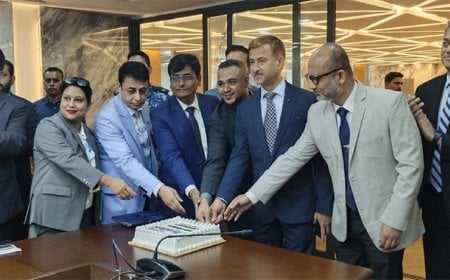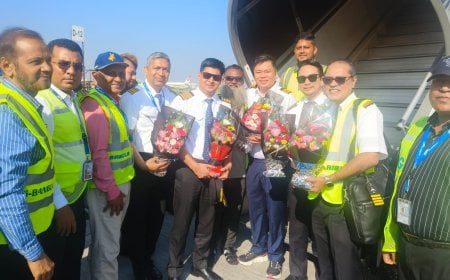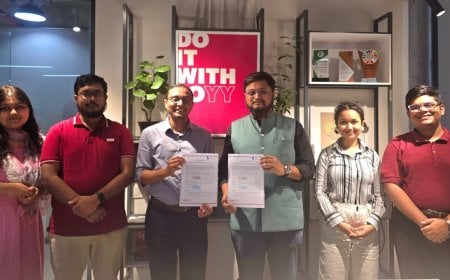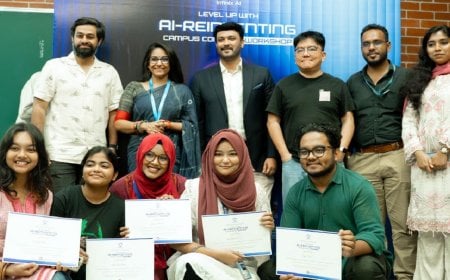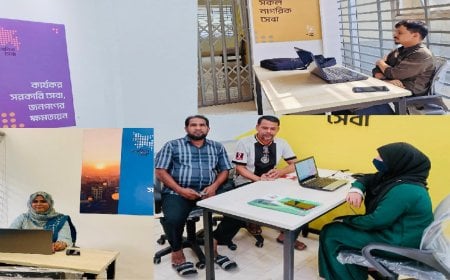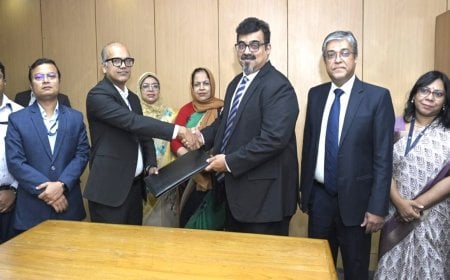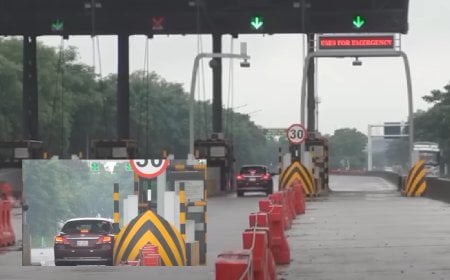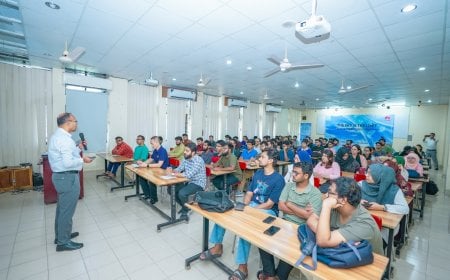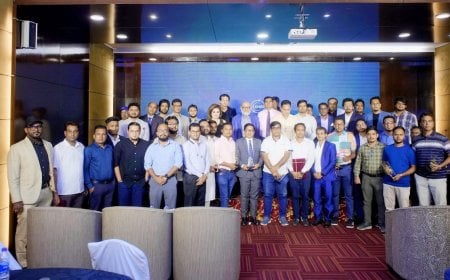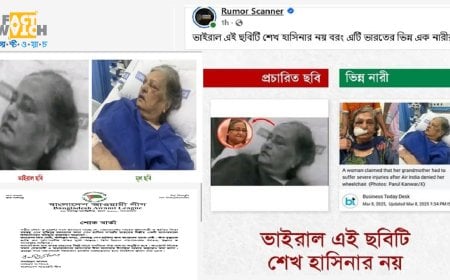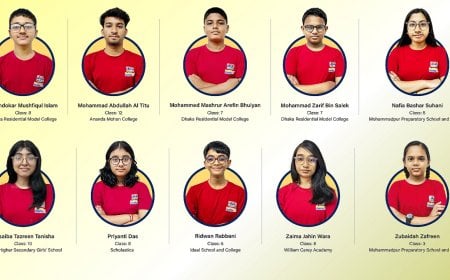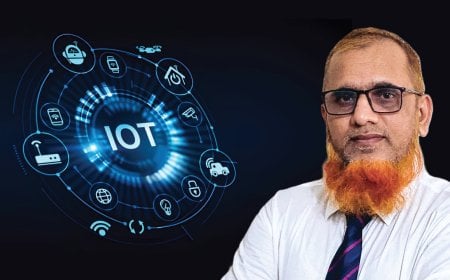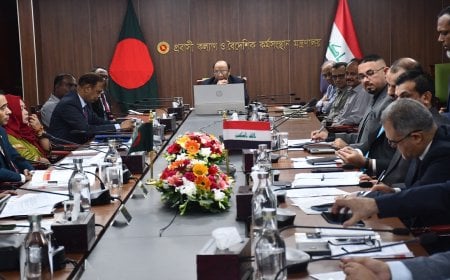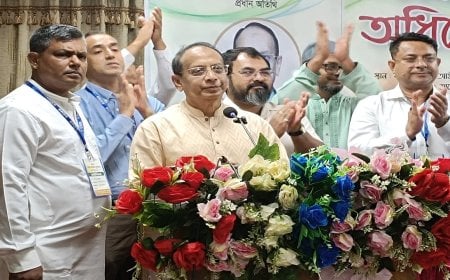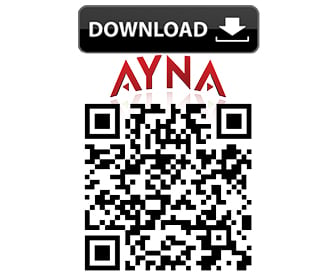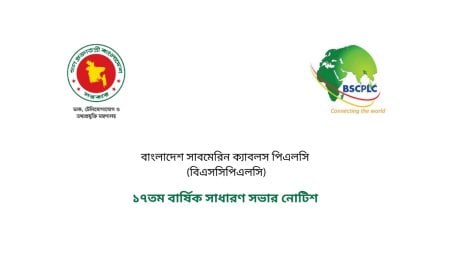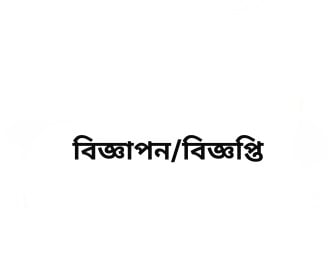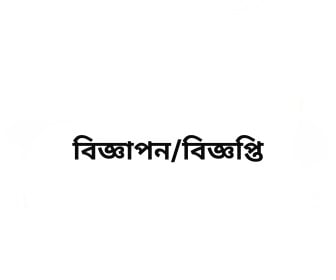French Ambassador Praises Bangladesh’s Citizen-Centred Digital Centres during Rangpur Visit
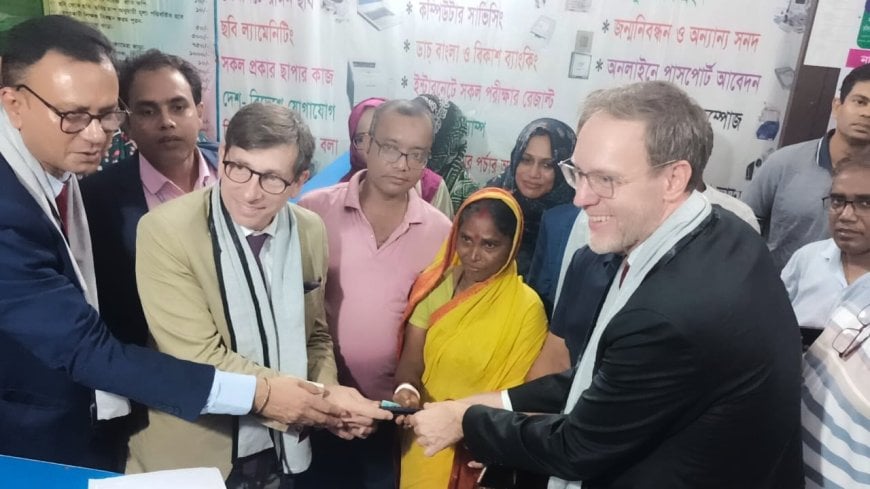
The French Ambassador to Bangladesh, Jean-Marc Séré-Charlet, praised Bangladesh’s citizen-centred Digital Centres during a high-level field visit to the Sadya Pushkarni Union Digital Centre in Rangpur Sadar today, calling them “human-centred, inclusive, and efficient.” He added, “Bringing essential services closer to rural communities is not only smart governance, it is social justice in action. France supports such noble initiatives and will continue to do so.” The visit was supported by a2i alongside the District and Upazila Administration and organized by UNDP Bangladesh in partnership with theto showcase how the nationwide network of Digital Centres is transforming access to services across urban wards and remote unions.
UNDP Bangladesh Resident Representative Stefan Liller said, “UNDP is proud to support a network that places citizens at the core of governance. By simplifying processes, expanding nationwide digital access, and empowering local entrepreneurs, Digital Centres help people save time, reduce costs, and build confidence in public services. Its replication abroad highlights its quality, scalability, and sustainability.” Upazila Nirbahi Officer Safiul Islam welcomed the delegation and reiterated the administration’s commitment to sustaining citizen-friendly services at the last mile.
The delegation included A K M Sohel, UN Wing Chief (Additional Secretary), ERD; Anowarul Haque, Assistant Resident Representative, UNDP Bangladesh; Mohammad Safiul Azam, Head of Communications, a2i; Ashoke Biswas, Lead, Digital Centre, a2i; and Md Abdul Quayyum, Head of Communications, UNDP Bangladesh, among others. The programme featured a traditional reception, a briefing on the centre's achievements, live demonstrations via the Digital Centre Management Platform, including agent banking, Hajj registration, police clearance, land and BMET card services, and an interactive dialogue with beneficiaries and local representatives, and cultural performances.
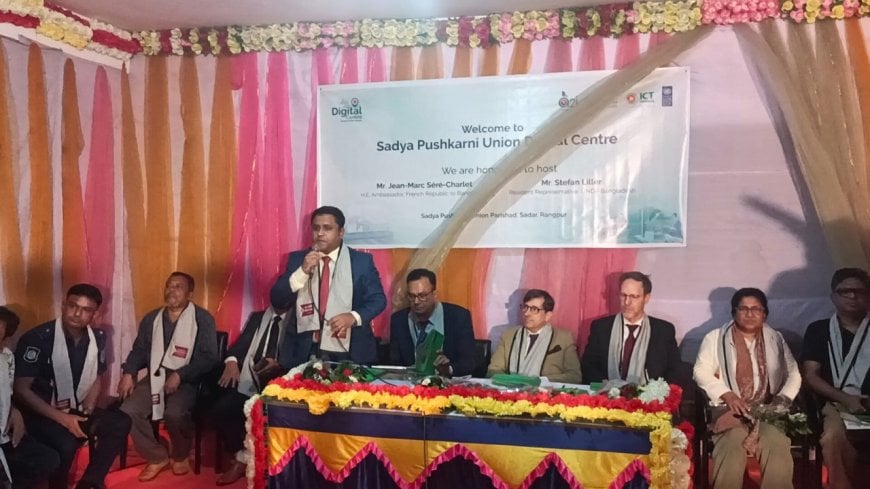
Among the service recipients was Goyna Bala, a person with disabilities who came for agent banking. “I used to depend on others for simple banking,” she said. “At this Digital Centre, staff who guide me with respect, and provide services that finish in minutes. It gives me dignity and independence, and it's near my home. I don’t need to travel to cities for services.” Other beneficiaries included Md. Rafiqul Islam, who completed Hajj registration, and Md. Kibria, who accessed multiple services in real time.
Launched as Union Information and Service Centres and later expanded to municipalities and city corporation wards, a2i’s Digital Centre initiative now operates in 9,500 locations nationwide and continues to integrate new services. Today, over 4,800 centres provide agent and mobile banking to advance financial inclusion. Through the ekSheba entrepreneur platform, local entrepreneurs offer 390+ services, including land, national identity card, utilities, licensing, travel, and registration, while a Digital Centre-based Expatriate Help Desk supports migrant workers. Skills Fusion Centres, housed within Digital Centres, offer computer, ICT, and trade courses that connect youth to real employment. Building on this success, the model has recently been replicated in the Bangsamoro region of the Philippines, underscoring its adaptability and global relevance.
As Bangladesh doubles down on citizen-centric governance, a2i under the Cabinet Division and ICT Division, with UNDP’s support, will continue to scale digital public goods, expand digital skills, strengthen fintech access, and drive inclusive growth ensuring convenience, transparency, and dignity in every service journey.
